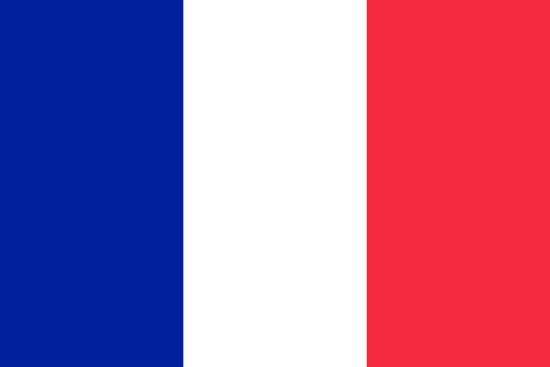"Nantes, la cité des Ducs de Bretagne | Nantes, the city of the Dukes of Brittany"
About:
Nantes, a city in western France, was founded by the Celtic tribe, Namnetes, in 70 BC. It became a significant port during the Roman Empire. In the Middle Ages, it was the capital of the Duchy of Brittany. Nantes flourished during the 18th century through the Atlantic slave trade. The city was heavily bombed in WWII, but post-war reconstruction led to rapid industrialization. Today, Nantes is known for its rich history, vibrant culture, and as a hub for higher education and advanced technology industries.
When to visit:
Nantes, a vibrant city in western France, offers a diverse range of activities throughout the year. The best time to visit Nantes for a holiday largely depends on your personal preferences. The summer months of June to August are popular for warm weather and numerous outdoor events, while the spring and autumn seasons offer pleasant temperatures and fewer crowds. Winter can be a magical time to visit Nantes with its festive markets and holiday decorations, providing a cozy atmosphere for visitors. Ultimately, Nantes is a destination that can be enjoyed year-round, so choose the time that aligns best with your interests and desired activities.
When to avoid:
The worst time to travel to Nantes, France on a holiday is typically during the peak summer months of July and August. These months experience the highest influx of tourists, leading to crowded attractions, long queues, and increased prices for accommodations and activities. Additionally, the summer heat can be uncomfortable for some travelers, especially those unaccustomed to warmer climates. To avoid potential drawbacks, it is advisable to consider visiting Nantes during the shoulder seasons of spring or autumn when the weather is milder, crowds are thinner, and prices are more favorable.
Winter Season (Dec-Feb)
Winter in Nantes, France, typically runs from December to February. Temperatures average around 4-7°C, with the coldest month being January. Rainfall is also high during this season, with December being the wettest month, averaging about 87mm of precipitation. Days are shorter, with about 8-9 hours of daylight, and cloud cover is common, making the city appear gray and overcast. An average day for a visitor might involve overcast skies, intermittent drizzles, and chilly winds, so warm clothing and an umbrella are essential. Despite the weather, the city's indoor attractions remain appealing.
Summer (June-August)
The warmest part of the year in Nantes, France, is from June to September, with July and August being the peak summer months. During this period, the average high temperatures range from 23°C (73°F) to 26°C (79°F), while the average low temperatures range from 13°C (55°F) to 15°C (59°F).
Rainfall is relatively low in summer, with monthly averages around 40-50mm. However, sudden showers can occur, so carrying an umbrella or raincoat is advisable. The city enjoys an average of 7 to 8 hours of sunlight per day during these months, providing ample opportunity to explore the city's attractions.
Humidity levels are moderate, usually ranging from 60% to 70%, contributing to a generally comfortable atmosphere. As for cloudiness, summer days in Nantes are typically partly cloudy, with clear or mostly clear conditions about half of the time.
A typical summer day in Nantes for a visitor would start with a mildly cool morning, gradually warming up to a pleasantly warm afternoon. There would be plenty of sunshine, with some scattered clouds, offering a perfect setting for outdoor activities. As the day progresses, there might be a short spell of rain, but it would generally not last long. Evenings are comfortably cool, ideal for leisurely walks or alfresco dining.
Language:
In Nantes, the most commonly spoken language is French, as it is the official language of France. Additionally, Breton, a Celtic language traditionally spoken in the region of Brittany, can also be heard, although its use has significantly declined. English is also spoken, particularly among the younger population and in business settings.




